I don’t write a lot here about the fact that I’m a parent. I certainly don’t try to hide it. I regularly tweet my 5-year-old daughter’s witticisms, and I post pictures of her and her 8-year-old brother on Instagram all the time. But I don’t blog about it because, well, I don’t really feel like I have that much of value to say on the matter.
I’m not a great parent. I’m not a bad parent, but I’m not one of those super-engaged, every-day-is-inspired-genius, my-children-are-the-center-of-my-universe Parents. I’m just a dude who’s married and has a couple of kids. We make sure they’re fed, bathed regularly, do their homework, brush their teeth, all of that stuff. On the weekends we try to take them out and do things that are fun, intellectually stimulating, or (ideally) both.
So, I get a passing grade in the parenting department. But whatever you do, don’t come looking to me for parenting advice.
We’re not exactly (tie-)dyed-in-the-wool hippies, but like Steven and Elyse Keaton, one of our biggest fears is probably that our son will grow up to want to wear suits to school and believe in trickle-down economics. Politically, we’re pretty far to the left (at least by U.S. standards). We value and respect a diversity of perspectives, and if we teach our kids anything in life we want it to be to respect other people, and ways of being that may be different from their own. We also want them to be independent thinkers and to question authority.
The problem then arises that we may be too reluctant to teach them our own perspectives and values and beliefs. I sometimes wonder where the line is between filling kids’ heads with (the wrong) ideas, and not filling their heads with anything at all. Where does a careful effort not to impose ways of thinking and being cross over into not encouraging them to think, period?
Our kids are smart. They’re excelling in school. Yet sometimes they seem to lack “common sense.” That idea of common sense can be a tricky one, and is something we are especially trying to avoid. Because while just about anyone can say it’s “common sense” not to put your hand on a hot stove, where does common sense stop being “common”; when does it stop making “sense”? There was a time when slavery was “common sense.” It’s still “common sense” to some people that women should make less money than men for doing the same work. We’re currently in the middle of a national struggle to overcome the idea that it’s “common sense” that gay couples shouldn’t enjoy the same rights as heterosexual couples. Common sense, in other words, is often shorthand for assumed prejudices, because it’s hard to argue with “common sense.”
Just yesterday, as our family walked home from the LRT station, we were discussing the fact that even though our kids are so “smart,” we still don’t trust them to do “common sense” things like cross the street by themselves. I mentioned how, from first grade on, I walked six blocks to school by myself (well, with a neighbor who also went to my school and was two years older). My parents knew that I could find my way safely to and from a location a half mile away, five days a week.
A couple of days ago, I overheard our kids in the living room, discussing whether or not they believed in ghosts, and I was dismayed when they agreed that, yes, they both believed in ghosts. What?! As a science-minded agnostic (leaning atheist, but absence of evidence does not constitute proof against), I was upset to hear this. But as a let-them-decide-for-themselves liberal parent, I said nothing. I was hoping that the fact that they even felt the need to question whether or not ghosts were real was a good enough start for now.
I grew up Lutheran. Went to church most Sundays, went to Sunday school through high school. Beyond religion, my parents imparted most of their beliefs about the world and how to live in it directly to me, without all of this namby-pamby moral relativism I’m using to hold back my subjective opinions on certain topics with my own kids. (Fortunately, they were — and are — die-hard Democrats.) I avoided burning my hands on the stove, or running out into the street in front of a moving car, not through my own independent discovery, but because my parents told me not to.
I do think we live in a time when parents are expected to allow their children to discover for themselves, and to treat them as precious snowflakes, rather than to teach them stern lessons about the cruel realities of the world. (And we’re seeing the results of that approach as a generation grows up and never leaves home.) At the same time, I wonder if perhaps we, specifically, are taking certain aspects of that philosophy too far, even as we intend to counteract it. Children do need guidance to learn how the world works. And trying too hard to avoid accidentally imparting your own unconscious prejudices on them might sometimes lead to not even teaching them those things that truly are “common sense,” but still need to be taught.
